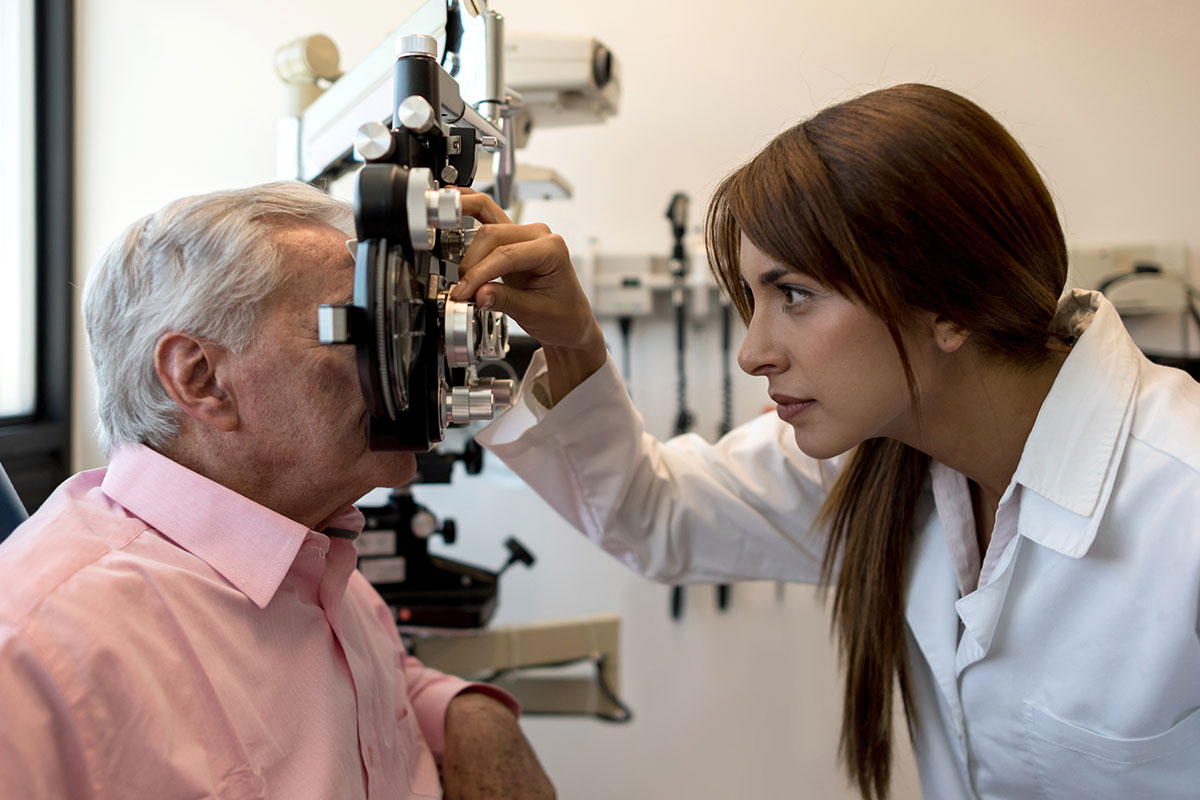PKP, short for Penetrating Keratoplasty, is a highly specialized corneal transplant or corneal graft procedure. This procedure involves the surgical removal of a damaged cornea and its replacement with healthy tissue grafts from a donor, usually obtained from an eye bank. Procuring tissue grafts for a corneal transplant isn’t difficult because there’s no need for tissue-matching. The ophthalmologist simply removes the diseased cornea and places the tissue graft, thereby restoring your vision.
The cornea is a transparent tissue located at the front of the eye, responsible for bending light rays towards the retina. If the cornea is misshapen, diseased, damaged, or obstructed, you can’t see clearly, leading to astigmatism, blurry vision, double vision, and other vision problems. Unlike DSEK and DMEK, the PKP corneal transplant technique replaces all the corneal layers with donor tissues, not just the epithelial cells.



